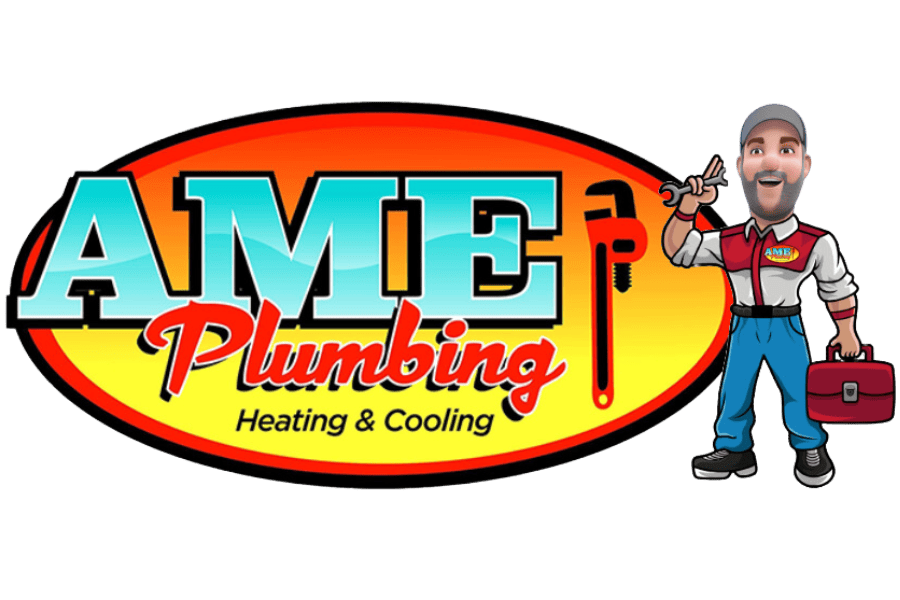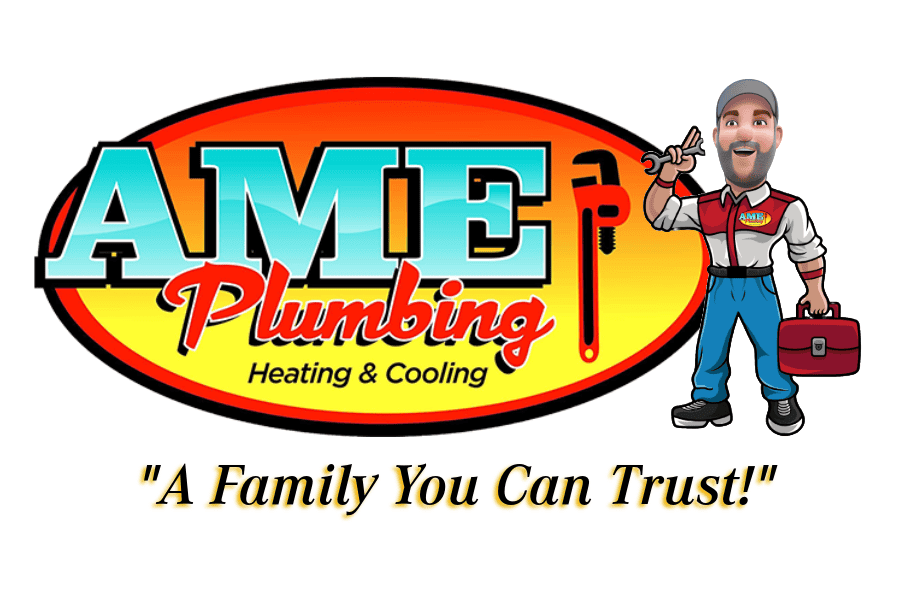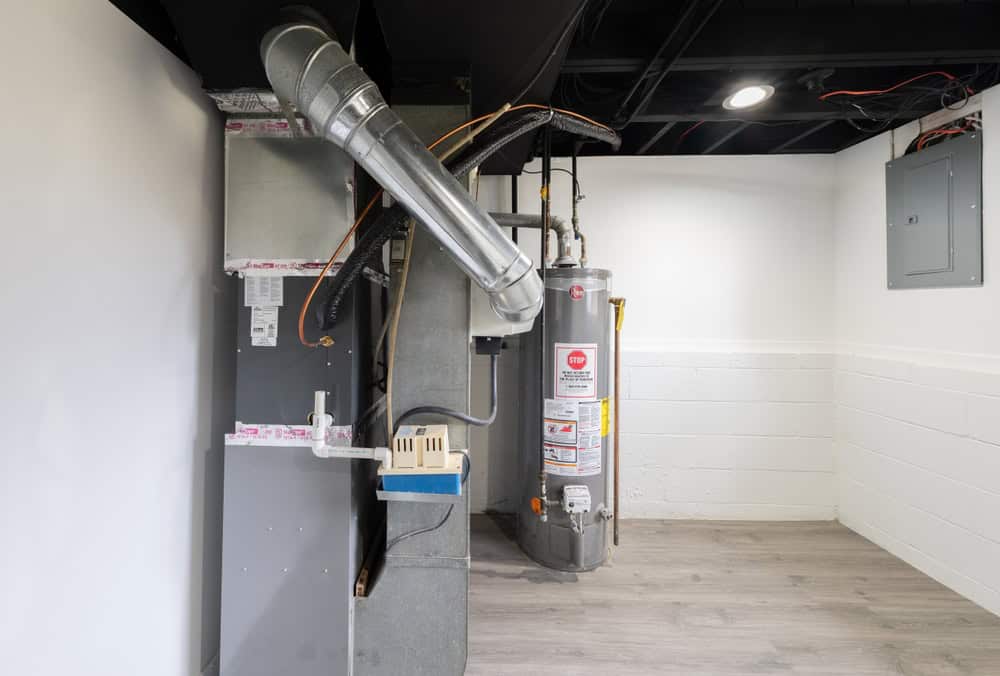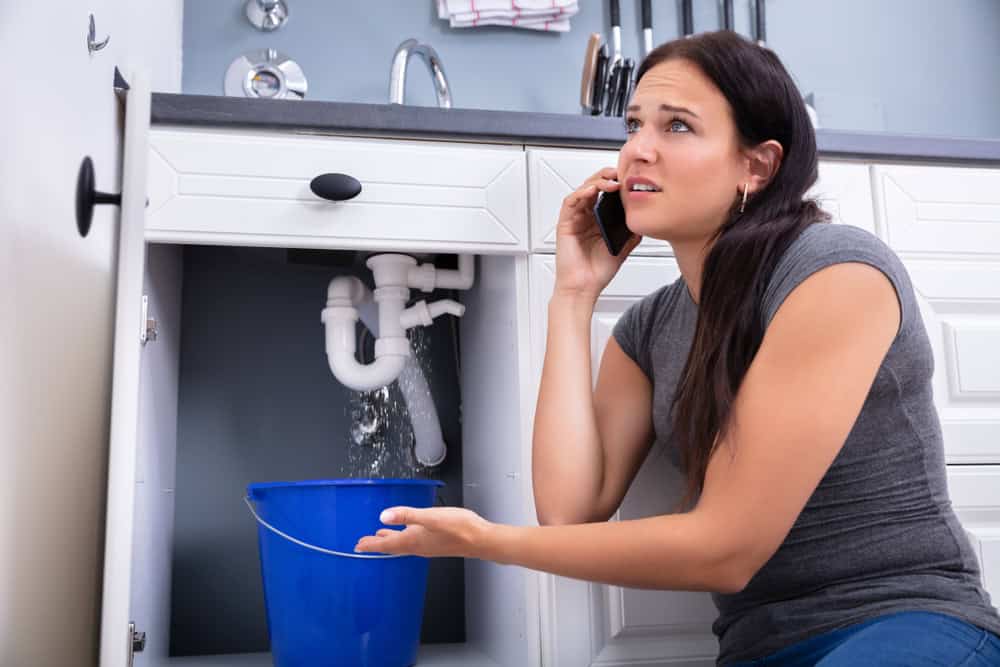Summary:
Warning Signs Your Drains Need Professional Attention
Most drain problems don’t appear overnight. They develop gradually, giving you plenty of warning signals if you know what to look for.
The challenge is that many homeowners dismiss these early signs as normal wear and tear. But in Monmouth County, where clay soil and mature tree systems create unique drainage challenges, these seemingly minor issues can quickly escalate into major problems.
We recognize patterns that untrained eyes miss. We understand that what looks like a simple clog might actually indicate tree root infiltration, pipe deterioration, or system-wide blockages that require immediate attention.
Slow Draining Water Throughout Your Home
When water takes longer than usual to drain from your sinks, tubs, or showers, you’re witnessing the early stages of blockage formation. This isn’t just an inconvenience—it’s a warning that debris is accumulating inside your pipes.
In Monmouth County homes, slow drainage often results from a combination of factors. Hair and soap scum create dense mats in bathroom drains, while kitchen sinks collect grease that liquefies during washing but solidifies at normal pipe temperatures. The region’s iron-rich water compounds these problems by depositing mineral scale that roughens pipe interiors, creating surfaces where organic matter adheres more readily.
What makes this particularly concerning is the progressive nature of the problem. As blockages grow, they restrict water flow further, creating a cycle where each use of the drain makes the situation worse. Eventually, what started as slightly slow drainage becomes complete blockage, often at the most inconvenient times.
Professional drain cleaning addresses the root cause rather than just the symptoms. While you might temporarily improve drainage with store-bought solutions, these chemical cleaners often worsen the problem by partially dissolving blockages that reform downstream or by corroding pipes, creating rough surfaces that encourage future accumulations.
Recurring Clogs in the Same Drain
If you find yourself repeatedly clearing the same drain, you’re dealing with more than just bad luck. Recurring clogs indicate underlying issues that temporary fixes can’t resolve.
This pattern typically develops when the initial blockage isn’t completely removed. Traditional snaking might punch a hole through the obstruction, allowing water to flow temporarily, but leaving debris clinging to pipe walls. Over time, this remaining material acts as a collection point for new debris, recreating the blockage faster than before.
In Monmouth County’s tree-dense communities, recurring clogs often signal root infiltration. Tree roots seek moisture and nutrients found in sewer lines, growing through joints and creating complete blockages. These living obstructions continue growing even after mechanical clearing, which explains why the problem keeps returning.
The location of recurring clogs provides important diagnostic information. Kitchen sink clogs that return quickly often indicate grease accumulation in the main drain line. Bathroom clogs that reappear suggest hair and soap buildup or potential pipe damage. Multiple drains experiencing problems simultaneously point to main sewer line issues that require professional assessment.
We use diagnostic cameras to identify the specific cause of recurring clogs. This technology allows us to see exactly what’s happening inside your pipes, whether it’s root intrusion, pipe damage, or accumulated debris that standard clearing methods can’t remove. By addressing the actual cause rather than just the symptoms, our professional service provides long-lasting solutions that prevent the frustrating cycle of recurring blockages.
Advanced Warning Signs That Demand Immediate Professional Help
Some drain problems move beyond inconvenience into the territory of urgent health and safety concerns. These advanced warning signs indicate that waiting for convenient scheduling could result in significant property damage or health hazards.
Understanding these critical indicators helps you distinguish between problems you can monitor and situations that require immediate professional intervention. In Monmouth County, where older sewer lines and environmental factors create additional complications, recognizing these signs early can prevent disasters that cost thousands to remediate.
When these symptoms appear, the window for preventive action is closing rapidly. Acting quickly not only protects your property but also minimizes the scope and cost of necessary repairs.
Foul Odors Coming From Multiple Drains
Persistent sewage odors emanating from your drains signal serious problems that go far beyond simple blockages. These smells indicate that wastewater isn’t flowing properly through your system, creating conditions where harmful bacteria and gases can build up and escape into your home.
The source of these odors often lies deep within your plumbing system, where accumulated organic matter creates anaerobic conditions perfect for bacterial growth. As this material decomposes, it produces hydrogen sulfide and other toxic gases that not only smell terrible but can also pose health risks to your family.
What makes this particularly concerning in Monmouth County is the interaction between local soil conditions and aging infrastructure. Clay soil can shift and settle around pipes, creating low spots where waste accumulates and decomposes. Combined with the region’s mature tree systems, these conditions create perfect environments for the organic buildup that generates persistent odors.
Multiple drains producing foul smells simultaneously indicates main sewer line problems that require immediate professional attention. This isn’t a situation where surface cleaning or chemical treatments provide effective solutions. The odors will continue returning until the underlying cause is identified and properly addressed through professional cleaning or repair.
Our professional assessment typically includes camera inspection to locate the source of organic buildup, followed by targeted cleaning using hydro jetting or other specialized equipment. This approach removes not just the blockage but also the bacterial film and organic matter that create ongoing odor problems.
Water Backing Up Into Other Fixtures
When water from one fixture backs up into another—such as running the washing machine causing water to appear in a floor drain, or flushing a toilet causing water to rise in a nearby shower—you’re witnessing a main sewer line blockage that requires immediate professional intervention.
This cross-contamination represents a serious health hazard because wastewater from toilets and other fixtures can contain harmful bacteria, viruses, and parasites. When this contaminated water enters areas where you bathe or prepare food, it creates conditions that can lead to serious illness, especially for children, elderly family members, or anyone with compromised immune systems.
The mechanics behind this problem involve hydraulic pressure within your plumbing system. When the main sewer line becomes blocked, wastewater has nowhere to go and begins backing up through the path of least resistance. This typically means lower fixtures experience problems first, but as pressure builds, the contamination can reach higher levels and affect multiple areas of your home.
Monmouth County’s aging infrastructure compounds this problem. Many homes in the area have sewer lines installed decades ago, when different materials and installation standards were common. These older systems are more susceptible to root infiltration, joint separation, and other structural issues that create the blockages responsible for cross-contamination.
Time is critical when dealing with water backup situations. Every hour of delay increases the extent of contamination and the potential for property damage. Our emergency services can quickly identify the source of the blockage and implement solutions that restore proper drainage while minimizing health risks and property damage.
When to Call Professional Drain Cleaning Services in Monmouth County
Recognizing these warning signs is only valuable if you act on them promptly. The difference between a minor service call and a major plumbing disaster often comes down to timing and choosing the right professional response.
Professional drain cleaning services offer more than just clearing blockages. We provide diagnostic capabilities that identify underlying problems before they become emergencies, preventive maintenance that extends your plumbing system’s lifespan, and emergency response when problems can’t wait for regular business hours.
For Monmouth County homeowners dealing with these drainage challenges, AME Plumbing Heating and Cooling provides the expertise, equipment, and emergency availability needed to protect your home and family from plumbing disasters.





